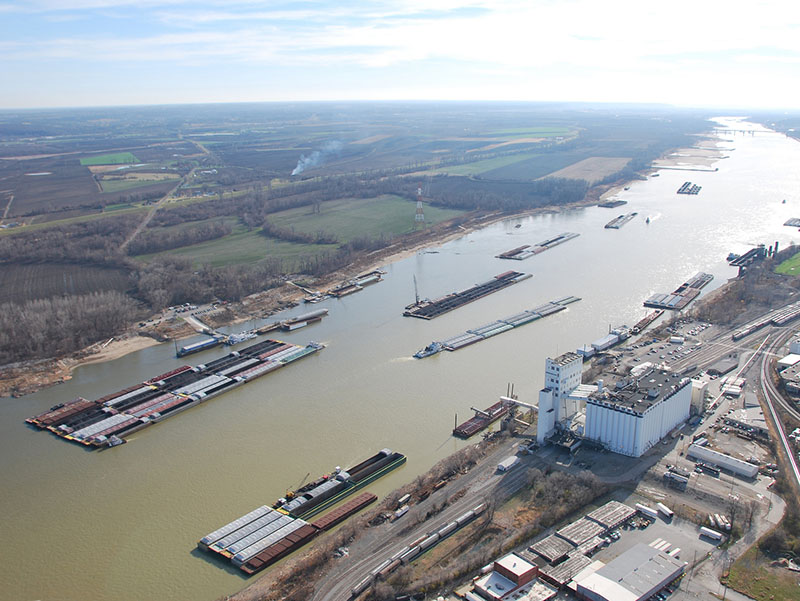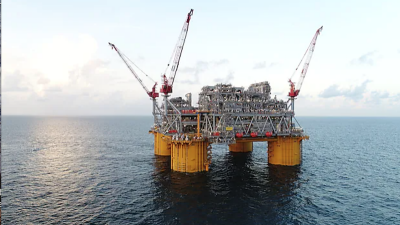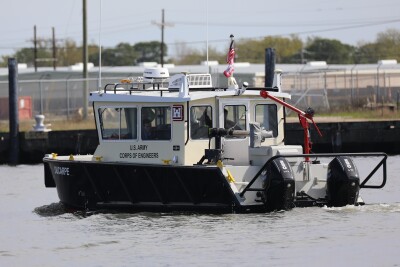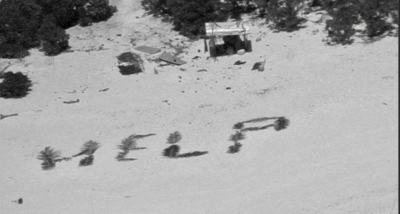One of the best industry interviews I ever had was with the owners of a midsize oil and gas Gulf Coast fabricator, who described the then bleak state of the industry burdened with overcapacity. “I can pick up the telephone and buy any oil and gas fabricator along the Gulf Coast,” one owner said.
I was reminded of this decades-old conversation when I read a recent headline that said that Amazon had begun handling its ocean shipping of goods from Chinese markets to the U.S., acting as an ocean carrier. Amazon, from a logistics perspective, is becoming its own integrated network, gradually replacing the standard for-hire package carriers with its own network of warehouses, vehicles and drivers. Amazon’s latest leap into ocean freight is but an extension of the emerging international logistics network. Will we see a similar strategy from the barge industry? Most definitely not.
Amazon is vertically integrating in the consumer goods transport sector to control competition, costs and customer service. The consumer goods sector as it relates to e-commerce is growing very fast.
Witness the shuttering of more brick and mortar stores and shopping malls in deference to online shopping.
One of the irrefutable requirements for investment in an industry is market growth either from increased demand, market size, or by competition, market share. This is the Amazon niche.
The barge industry does not have the growth to foster this kind of interest. The coal sector has declined with little prospect for a rebound, and long-term agriculture forecasts show a near flat U.S. export grain market into the next decade. This leaves some possible growth in bulk chemicals and some niche markets such as fertilizer and steel imports, which have been facing increased competition from domestic producers and rail.
The prospects for significant overall growth for the barge sector are not good. At best, the industry will retain its overall business volumes with some modest growth that, optimistically, will take up the slack in the hopper market caused by the near permanent loss of substantial coal volumes to natural gas. Fast forward from the oilfield fabricator’s description of the dire state of the industry at the time, and I wonder if someday I can pick up the phone and buy any barge and towing company in the brownwater sector.





